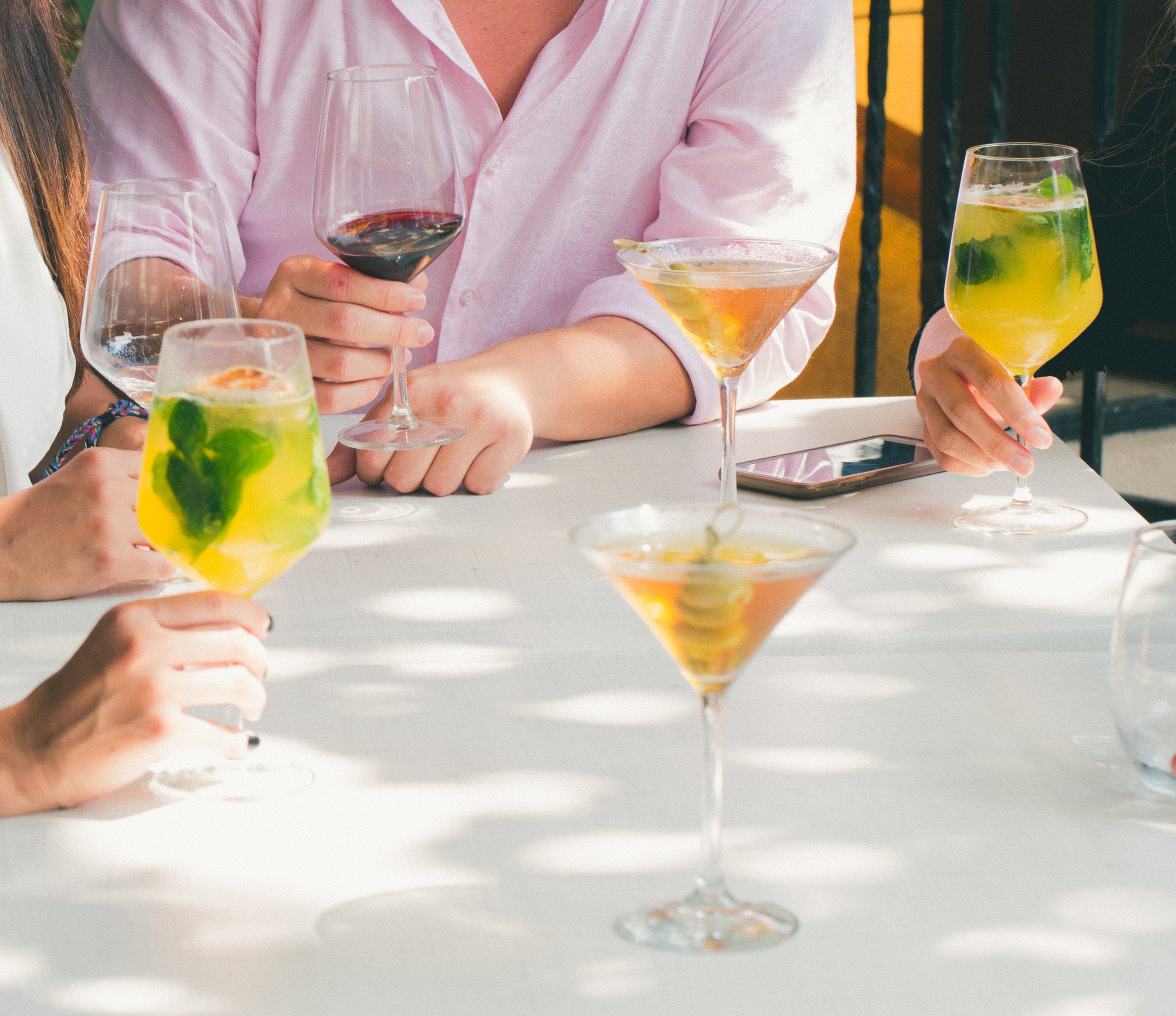We wanted to share a bit more context on some recent updates we’ve made to Drinker’s Helper, the companion app for people who are cutting back or quitting drinking.
There are three new things you’ve probably noticed if you’ve gone into the latest version of the app:
Profiles: a simple, anonymous profile to introduce yourself to your Group
Matches: introductions to others in your Group who share similar specific challenges
Programs: organized courses of exercises
So why did we make these changes? Well, it’s all about what’s right for you (figuratively speaking).
We believe that being understood is critical in getting meaningful support. While in some broad sense everyone using Drinker’s Helper is trying to do the same thing (cut back or quit drinking), in another sense each person’s challenge is quite unique.
For example, some people work as bartenders, or in the wine industry. Wow. That’s a hard one. Imagine how hard it is cutting back or quitting drinking when you’re surrounded by the stuff and constantly offered free drinks!
Some people are better suited to supporting one another because they have specific challenges like that in common and can share tips. But there are more basic examples, too. Someone who primarily drinks when celebrating with their hard-partying social circle is going to have a harder time connecting with someone who primarily drinks at home alone when feeling depressed.
That’s why we created both Profiles and Matches - to help you meet people in your Group who can offer the right support to you based on what you’re dealing with. We hope you make deeper, faster connections as a result of talking with your Matches.
The same simple core insight led us to create Programs: that each of us has unique challenges in cutting back or quitting drinking. There are over 100 exercises in the Drinker’s Helper library, and it is important that we pick the right ones for you based on the support you need.
Some people need to shore up their motivation to change their drinking; others are plenty motivated and simply need some mental tricks to change how they think about alcohol. Programs allow us to tailor a set of courses to your situation.
We hope you give Profiles, Matches and Programs a try in the Drinker’s Helper app!
A mockup of a Match







